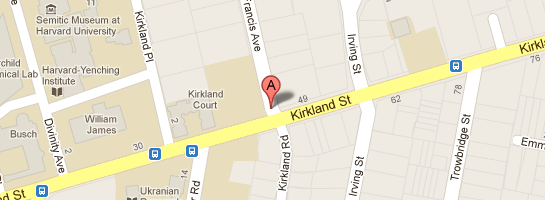
Last month, Google announced it would start charging the most active users of its Google Maps API — in most cases, that’s those who generate over 25,000 map views a day.
For news organizations, that was a big jarring, because Google Maps mashups are among the most popular news apps around. Most data-driven maps you find on news sites run on Google’s API, and the threat of having to pay for what had been a free tool led some to start searching for alternatives.
But Google’s updated its geocoding blog with a post that should have the effect of easing some news organizations’ worries. Check it out yourself, but here are the two key points:
- One big spike in traffic won’t push you into overage. A single link from a high-traffic site could drive a page past 25,000 map views in a day — but Google now says it will require a sustained burst of traffic to start charging. “In order to accommodate such bursts in popularity, we will only enforce the usage limits on sites that exceed them for 90 consecutive days,” Google says. “Once that criteria is met, the limits will be enforced on the site from that point onwards, and all subsequent excess usage will cause the site to incur charges.” No word on what happens if even a popular site were to, say, drop its maps into “maintenance mode” once every 87 days or so.
- Certain web apps will be given blanket exemptions from charging. Here’s Google: “Maps API applications developed by non-profit organisations, applications deemed by Google to be in the public interest, and applications based in countries where we do not support Google Checkout transactions or offer Maps API Premier are exempt from these usage limits.” So nonprofit news orgs look to be in the clear, and Google could declare other news org maps apps to be “in the public interest” and free to run. (It also notes that nonprofits could be eligible for a free Maps API Premier license, which comes with extra goodies around advertising and more.)
Google says only about 1 out of every 300 websites using the Maps API would be affected by the new fees, at current usage levels. Between that and the new exemptions and exceptions, for some news orgs at least, assembling a new map stack might just have dropped a bit on the to-do list.
